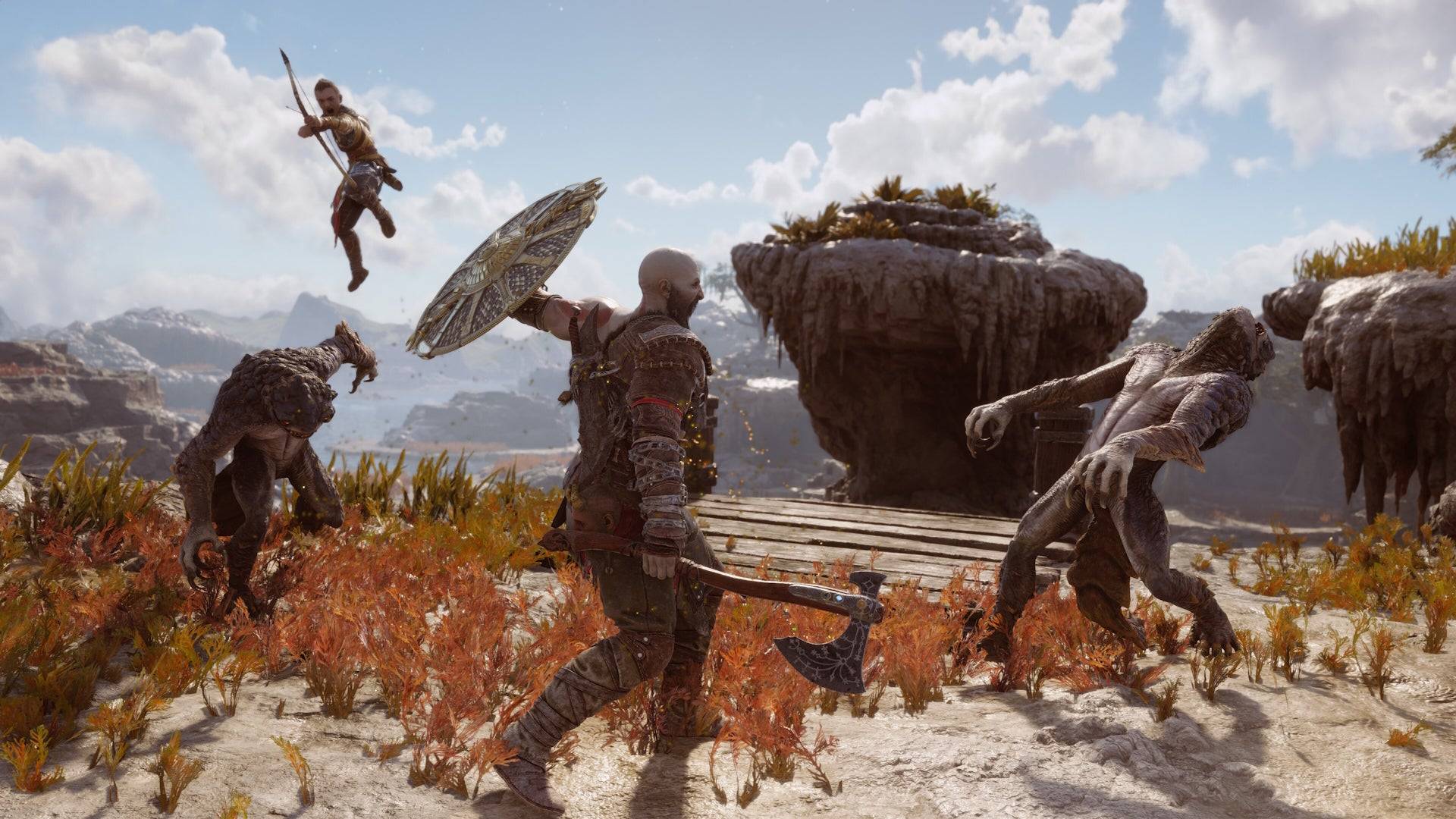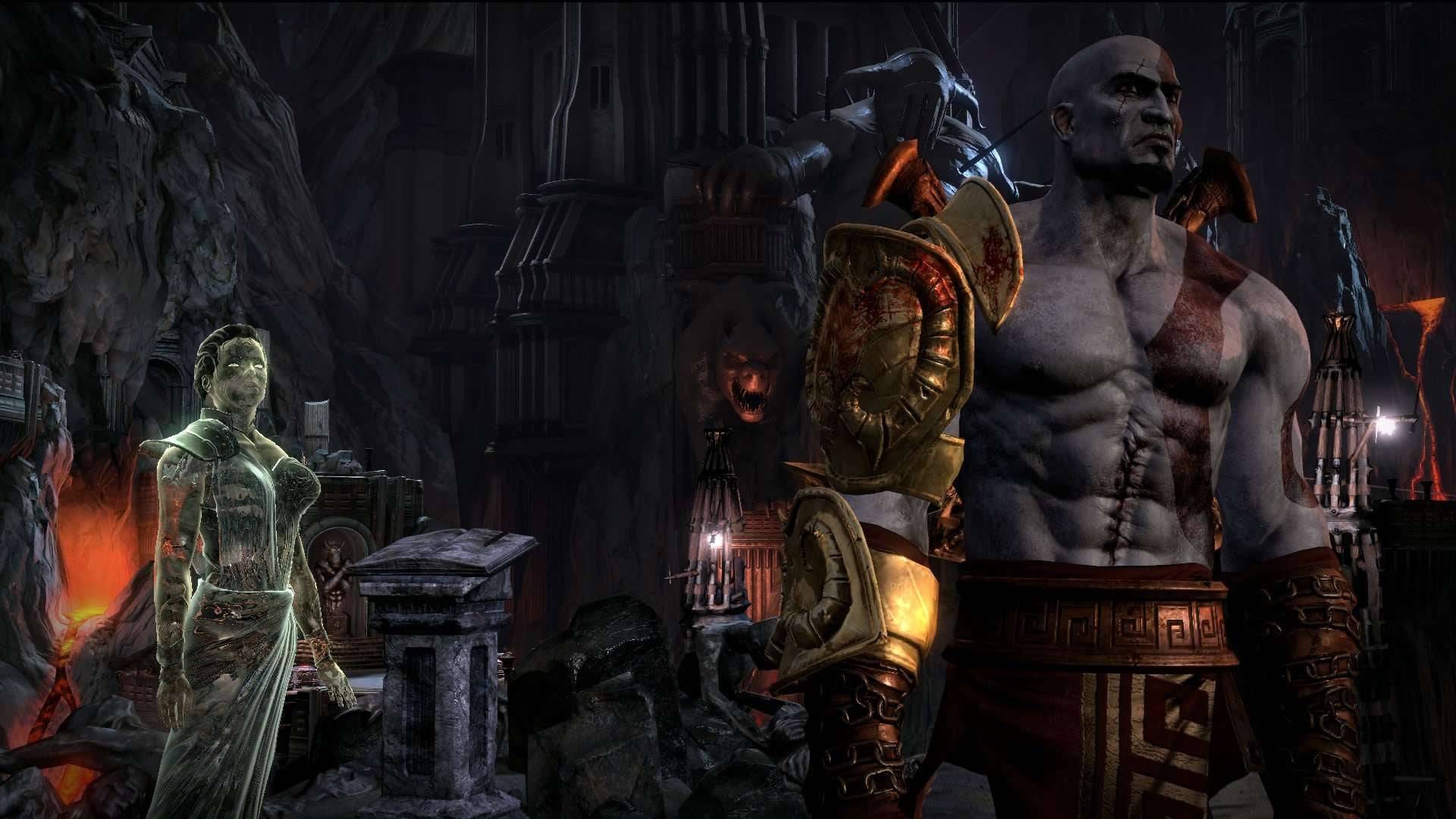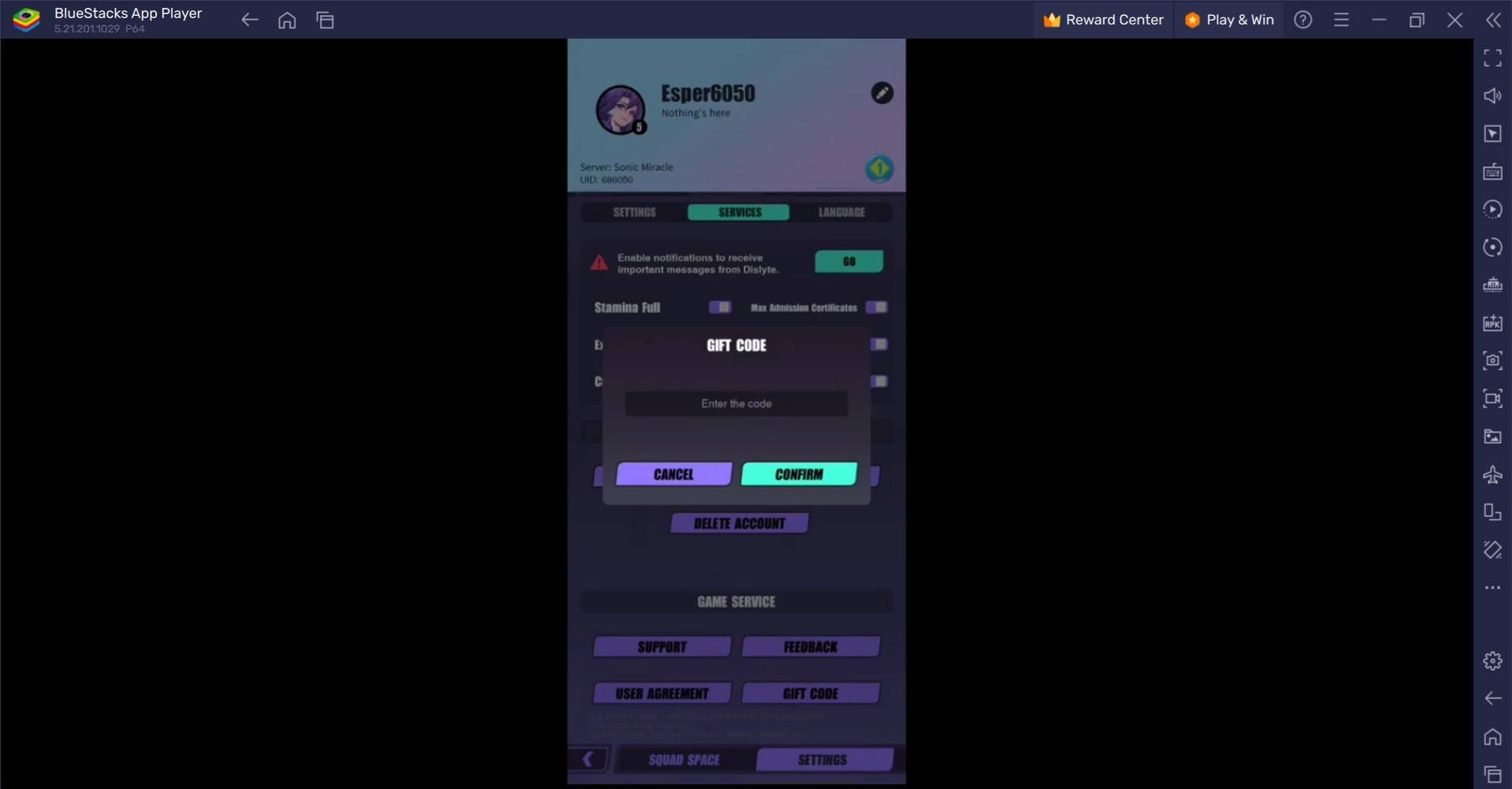The God of War series has been a cornerstone across four generations of PlayStation consoles, evolving significantly since Kratos' vengeful journey began in 2005. Few could have predicted the trajectory of this angry deity destroyer over two decades. While many long-running franchises struggle to remain relevant, God of War has thrived by embracing change. The pivotal shift occurred with the 2018 reboot, which transplanted Kratos from Ancient Greece to the realm of Norse mythology, altering both the narrative and gameplay dynamics. Even prior to this acclaimed reboot, Sony Santa Monica introduced several smaller yet impactful changes that sustained the series' vitality.
For God of War to continue its success, reinvention remains crucial. When transitioning to the Norse setting, director Cory Barlog expressed interest in exploring future settings like the Egyptian and Mayan eras. Recent rumors have reignited discussions about an Egyptian setting, reflecting fans' desire to see Kratos in the land of the pyramids, known for its unique culture and rich mythology. However, a new setting alone isn't enough; the series must continue to evolve its core elements, much like how it adapted the successful components of the Greek trilogy for the critically acclaimed Norse saga.

The series has consistently evolved with each installment. The Greek trilogy refined its hack-and-slash gameplay over a decade, culminating in God of War 3 with a revamped magic system and a broader range of enemies, all enhanced by the PlayStation 3's superior graphics and dynamic camera angles.
The 2018 reboot, while shedding some elements, retained the essence of the series. The Greek trilogy's platforming and puzzle elements were integral, but the Norse games shifted away from platforming due to the new camera perspective, while puzzles were reimagined to align with the adventure-centric design.
The Valhalla DLC for God of War Ragnarök exemplifies the series' return to its roots. It reintroduced battle arenas, a beloved feature from the Greek games, adapting them for the Norse setting. This mechanical and narrative callback in Valhalla, where Kratos confronts his past, symbolizes a full-circle journey back to the series' origins.
The Norse iteration brought more than just reinterpretations. New additions included the Leviathan Axe's unique throwing mechanics, a combat-defining parry system with various shield types, and in Ragnarök, a magical spear offering a faster, explosive attack style. These elements enrich the experience as players navigate the diverse Nine Realms, each with distinct enemies, visuals, and characteristics.

Beyond mechanics, the storytelling evolved dramatically from the original trilogy to the Norse duology. The latter delves into Kratos' emotional journey, his grief for his late wife, and his complex relationship with his son, Atreus. This shift to a more emotive narrative has been key to the Norse era's critical and commercial acclaim.
God of War's success stems from its willingness to evolve both mechanically and narratively. The creators view the Norse games not as traditional sequels but as extensions of Kratos' journey, a philosophy that should guide future installments.
Contrasting with God of War, Assassin's Creed's frequent shifts in setting and style have met mixed reactions. While profitable, the series has struggled to maintain fan adoration across generations. The transition to an open-world RPG with Assassin’s Creed Origins diluted its focus on the Assassin's guild, leading to criticism about content bloat and a drift from its stealth roots. Efforts like Assassin’s Creed Mirage in 2023, which returned to the series' Middle Eastern origins and streamlined gameplay, have been steps towards recapturing its essence, with Assassin’s Creed Shadows continuing this trend through a focus on stealth with the character Naoe.
The varying success of Assassin's Creed's reinventions underscores the risk of straying too far from what made a series popular. God of War, however, has navigated this skillfully. While the Norse saga marks a significant departure, it never lost sight of Kratos' core appeal or the series' foundational combat mechanics. Each new game builds upon these elements, introducing new combat options, weapons, and even playable characters, all while deepening the lore.
Looking forward, whether the Egyptian setting rumors materialize or not, future God of War games must continue to evolve while preserving what made the series a success. The 2018 reboot focused on combat, but the next installment will likely be judged on its storytelling, the cornerstone of the Norse duology. Kratos' transformation from a rage-filled warrior to a nuanced father and leader highlights the importance of narrative depth. Any future game must build on this strength, introducing bold changes that aim to define the next era of God of War as a pinnacle of gaming achievement.
 Home
Home  Navigation
Navigation






 Latest Articles
Latest Articles









 Latest Games
Latest Games












